Civ 7 Redefines What it Means to Be a Leader
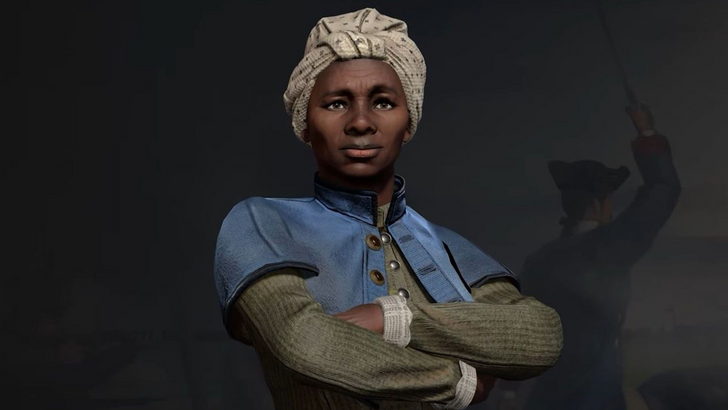
Civilization's leaders are as iconic as the civilizations themselves. Firaxis' approach to selecting national representatives has evolved significantly over the years. This exploration delves into Civilization VII's leader roster and its innovative redefinition of leadership.
← Return to Sid Meier's Civilization VII main article
Civ VII: A New Era of Leadership
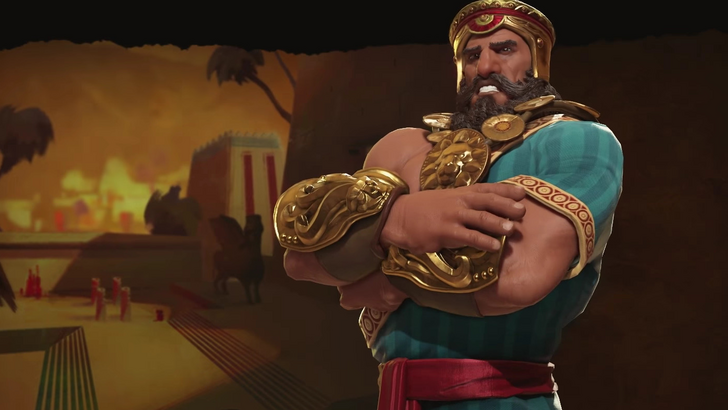
Since the first game, leaders have been integral to Civilization's identity, shaping each civilization's unique gameplay. Their roles have constantly evolved, reflecting the changing understanding of leadership throughout history. Each installment has refined the concept, impacting gameplay mechanics.
This article examines the evolution of Civilization's leader roster, highlighting changes across different iterations and how Civilization VII presents a unique and diverse selection.
Early Civilization: A Focus on Global Powerhouses
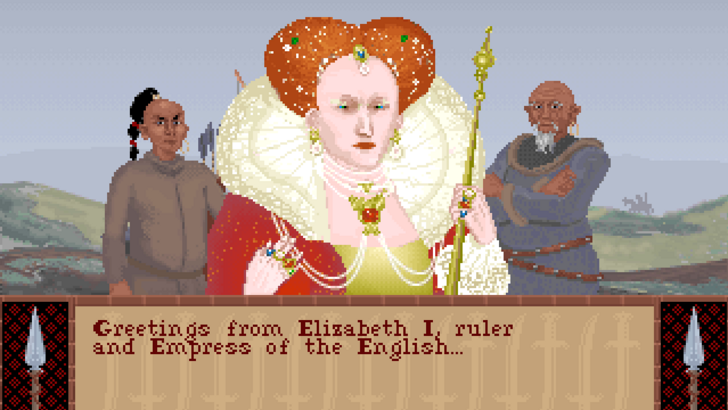
The original Civilization featured a relatively small roster, primarily representing major global powers of the time and historical antiquity. The 15 civilizations included familiar names like America, Rome, Greece, and China. Leadership was straightforward; leaders were predominantly historical heads of state. The focus was on widely recognized figures, resulting in a selection process that prioritized familiarity.
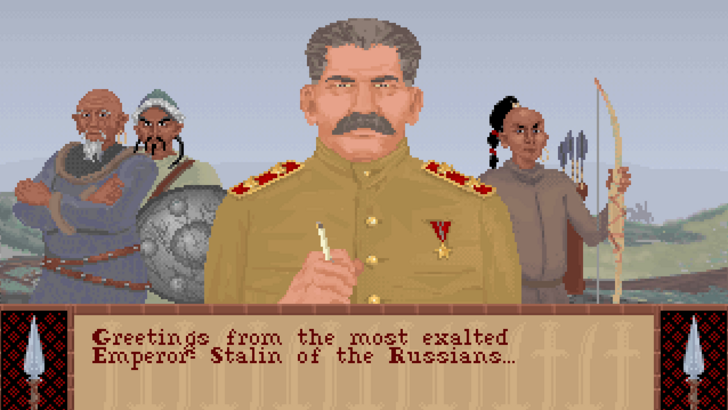
This resulted in leaders like Abraham Lincoln, Tokugawa Ieyasu, and Julius Caesar, alongside more controversial choices such as Mao Zedong and Joseph Stalin. Elizabeth I was the sole female leader, reflecting the limitations of the time. While understandable given the context, this approach contrasts sharply with the diversity seen in later iterations.
Civilization II-V: Expanding the Definition of Leadership
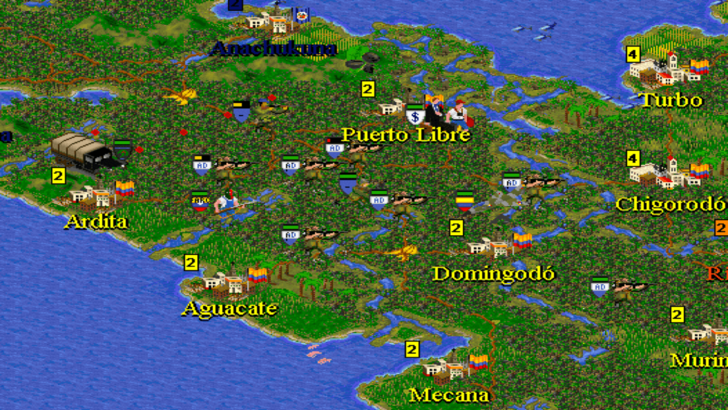
Civilization II expanded the roster and included lesser-known powers. A notable addition was a separate roster of female leaders, offering more diverse choices. The definition of "leader" broadened, encompassing influential figures beyond heads of state. Sacagawea and Amaterasu exemplify this shift.
Civilization III integrated female leaders into the main roster, replacing some historically dominant male figures. Joan of Arc and Catherine the Great are prime examples.
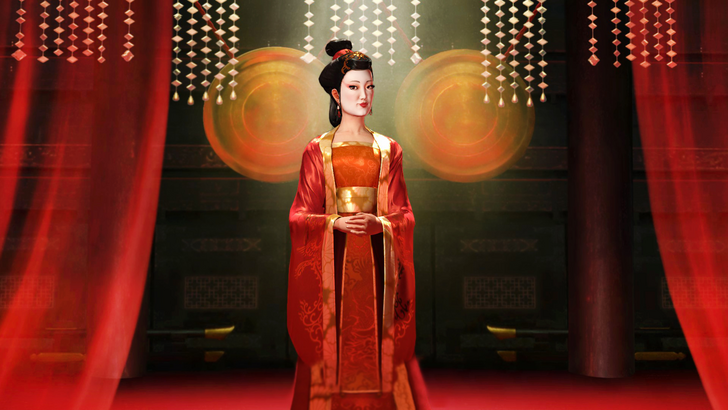
Civilization IV and V further expanded the roster and the definition of leadership. Revolutionaries, generals, and reformers became common choices. Traditional figures were sometimes replaced or complemented by others, reflecting a richer, more nuanced understanding of historical influence. Wu Zetian and Victoria I are notable examples of this diversification.
Civilization VI: Characterization and Leader Personas
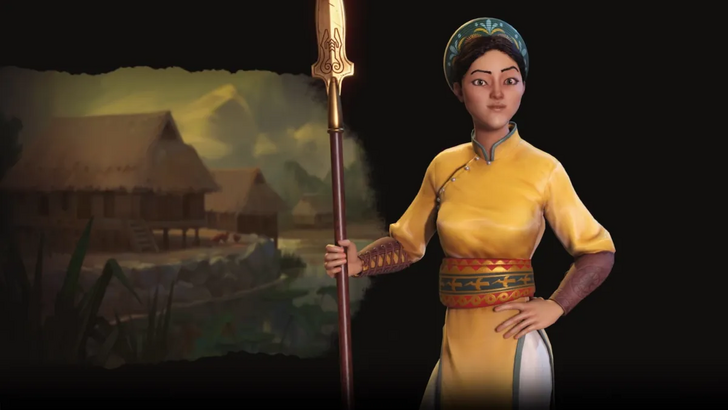
Civilization VI emphasized characterization, diversity, and creative representation. Leaders were brought to life through stylized animations. The introduction of Leader Personas offered alternative versions of the same leader, highlighting different facets of their personality and offering varied gameplay styles. Lesser-known figures from less prominent civilizations gained prominence.
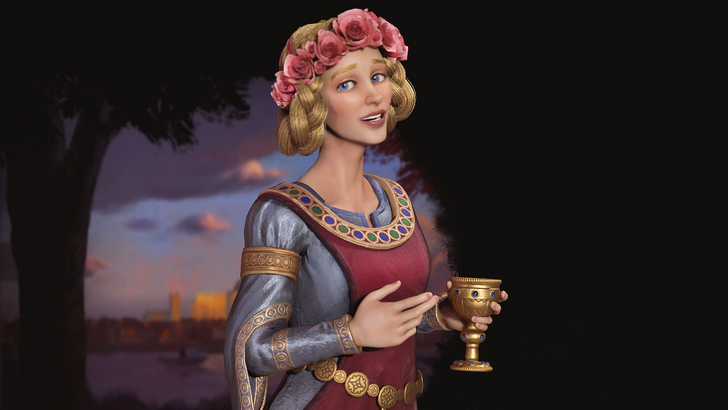
The concept of focusing on specific chapters of a leader's life emerged, exemplified by Eleanor of Aquitaine and Kublai Khan, who could lead multiple civilizations. Multiple leader options for single civilizations became more common (e.g., America, China). Leader Personas added further diversity, providing subtle yet significant gameplay variations.
Civilization VII: A Bold New Approach
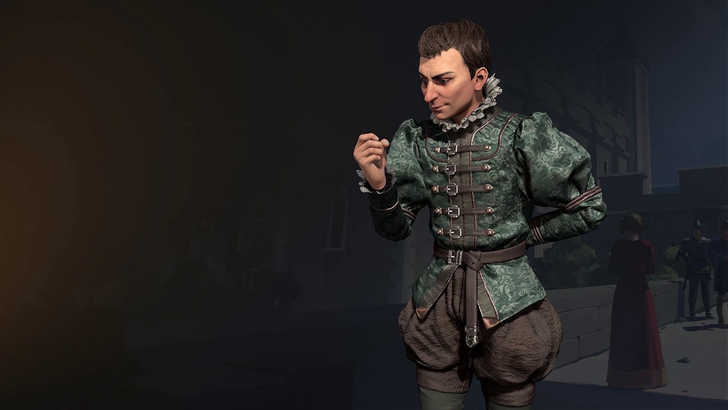
Civilization VII represents the pinnacle of this evolution. It features the most diverse and creative roster yet, utilizing a mix-and-match approach to civilizations and leaders. Unconventional leaders and multiple personas are prevalent. Harriet Tubman, the American abolitionist, is a significant example, filling a unique gameplay niche.

Other notable additions include Niccolò Machiavelli and José Rizal, demonstrating a focus on influential figures beyond traditional heads of state. The game's approach reflects a broader, more inclusive perspective on leadership and its impact on history.
The evolution of Civilization's leader roster reflects a shift from a focus on established global powers to a more diverse and nuanced representation of humanity's influential figures. The definition of leadership has expanded significantly, enriching the gameplay experience and offering a wider range of historical narratives.
← Return to Sid Meier's Civilization VII main article
Sid Meier's Civilization VII Similar Games

-
Figment 2: Creed Valley delivers a surreal action-adventure experience for iOS players. Step into a world where the human mind comes alive - where melodies become landscapes and battles transform into musical performances. You'll play as Dusty, the vAuthor : Owen Feb 21,2026
-
Adapted from a popular Webtoon, Hardcore Leveling Warrior is an upcoming action RPG.Global pre-registration is now live ahead of its launch on iOS and Android devices.Dive into idle RPG mechanics, competitive PvP, and more exciting features!Another dAuthor : Patrick Feb 18,2026
-
 Lust Doll Plus (r66.1)Download
Lust Doll Plus (r66.1)Download -
 Southern PokerDownload
Southern PokerDownload -
 Fruit Summer Slots MachineDownload
Fruit Summer Slots MachineDownload -
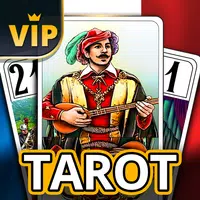 Tarot Offline - Card GameDownload
Tarot Offline - Card GameDownload -
 Virtuelles Casino - Craps Spiel OnlineDownload
Virtuelles Casino - Craps Spiel OnlineDownload -
 BrazilyaDownload
BrazilyaDownload -
 Battle Angel Moe moe arena-Download
Battle Angel Moe moe arena-Download -
 Sandy BayDownload
Sandy BayDownload -
 Spell CastersDownload
Spell CastersDownload -
 Brain Puzzle - IQ Test GamesDownload
Brain Puzzle - IQ Test GamesDownload
- Black Ops 6 Zombies: How To Configure The Summoning Circle Rings on Citadelle Des Morts
- Roblox: Latest DOORS Codes Released!
- Harvest Moon: Lost Valley DLC and Preorder Details Revealed
- Silent Hill 2 Remake Coming to Xbox and Switch in 2025
- Roblox: Blox Fruits Codes (January 2025)
- Roblox: Freeze for UGC Codes (January 2025)

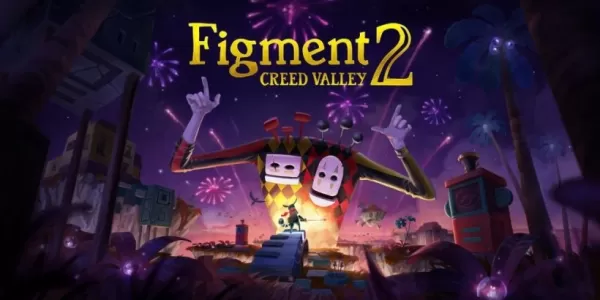
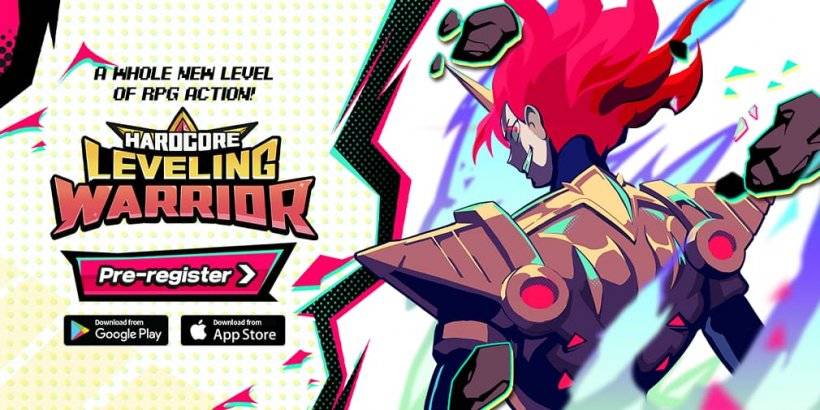

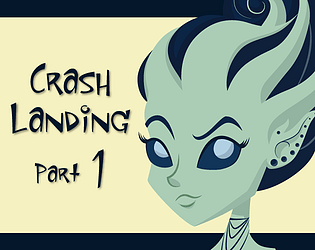



![Taffy Tales [v1.07.3a]](https://imgs.ehr99.com/uploads/32/1719554710667e529623764.jpg)




